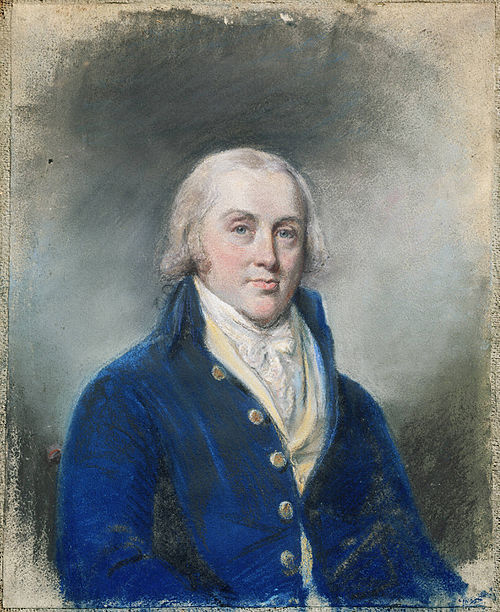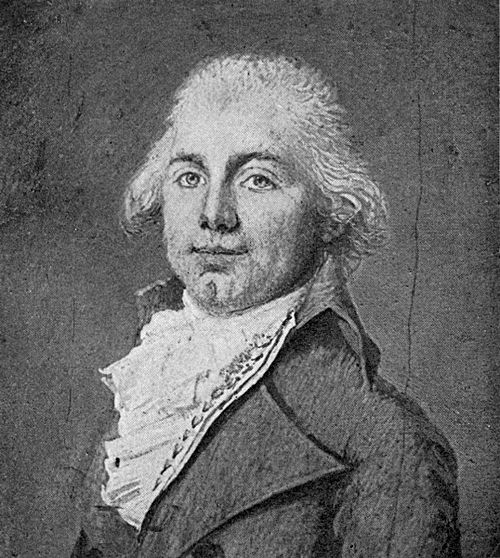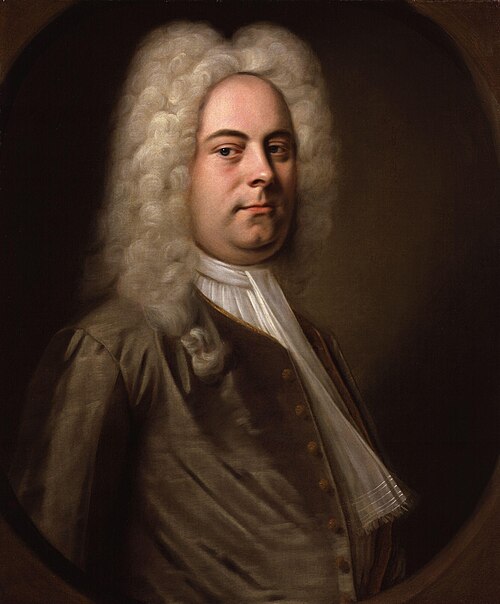Syrupnoun
Any thick liquid that is added to or poured over food as a flavouring and has a high sugar content.
Syrupnoun
Any viscous liquid.
Syrupnoun
A wig.
Syrupnoun
Same as Sirup, Sirupy.
Syrupnoun
a thick sweet sticky liquid
Syrupnoun
a thick, sweet liquid made by dissolving sugar in boiling water, often used for preserving fruit.
Syrupnoun
a thick, sweet liquid containing medicine or used as a drink
Syrupnoun
a thick, sticky liquid obtained from sugar cane as part of the processing of sugar.
Syrupnoun
excessive sweetness or sentimentality of style or manner
Syrupnoun
a wig
Syrup
In cooking, a syrup or sirup (from Arabic: شراب; sharāb, beverage, wine and Latin: sirupus) is a condiment that is a thick, viscous liquid consisting primarily of a solution of sugar in water, containing a large amount of dissolved sugars but showing little tendency to deposit crystals. Its consistency is similar to that of molasses.
Wignoun
A head of real or synthetic hair worn on the head to disguise baldness, for cultural or religious reasons, for fashion, or by actors to help them better resemble the character they are portraying.
Wignoun
An old seal.
Wigverb
To put on a wig; to provide with a wig (especially of an actor etc.).
Wigverb
(colloquial) To upbraid, reprimand.
Wigverb
To become extremely emotional or excitable; to lose control of one's emotions.
Wignoun
A covering for the head, consisting of hair interwoven or united by a kind of network, either in imitation of the natural growth, or in abundant and flowing curls, worn to supply a deficiency of natural hair, or for ornament, or according to traditional usage, as a part of an official or professional dress, the latter especially in England by judges and barristers.
Wignoun
An old seal; - so called by fishermen.
Wigverb
To censure or rebuke; to hold up to reprobation; to scold.
Wignoun
hairpiece covering the head and made of real or synthetic hair
Wignoun
British slang for a scolding
Wig
A wig is a head or hair accessory made from human hair, animal hair, or synthetic fiber. The word wig is short for periwig, which makes its earliest known appearance in the English language in William Shakespeare's The Two Gentlemen of Verona.









































